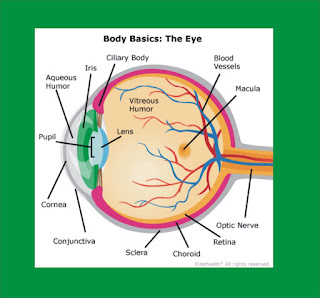Zoology and its SUBDISCIPLINES OF ZOOLOGY
Zoology
(otherwise called animal science) is the part of science dedicated to the investigation of creature life. It covers zones running from the structure of organisms to the subcellular unit of life. A few zoologists are keen on the science of specific gatherings of creatures. Others are worried about the structure and capacity of creature bodies. Still others study how new creatures are shaped and how their characteristics are passed on starting with one age then onto the next. Zoologists study the associations of creatures with each other and their surroundings, just as the centrality of the conduct of creatures.Zoology is both clear and investigative. It very well may be drawn closer either as a fundamental science or as an applied science. A specialist in essential zoology is keen on learning of creatures for the good of its own without thought of the immediate utilization of the data picked up. Conversely, laborers in applied zoology are keen on data that will legitimately profit people and creatures (prescription, for instance).
Historically, the investigation of zoology can be seen as a progression of endeavors to dissect and group creatures. The old Greek savant Aristotle is credited with devising the arrangement of ordering creatures that perceived similitudes among assorted organisms in the fourth century B.C.E.; he orchestrated gatherings of creatures as per method of proliferation and natural surroundings. Zoology started to develop as a science in the twelfth century and since quite a while ago was ruled by investigations of life systems and endeavors at arranging creatures. The Swedish botanist Carolus Linnaeus built up an arrangement of terminology that still is utilized today — the binomial arrangement of family and species — and established as a discipline scientific categorization, the study of characterization as indicated by a foreordained framework.
Zoology today is as various as the set of all animals it ponders, widening its range to incorporate such fields as hereditary qualities and biochemistry. It presently is viewed as an interdisciplinary field that applies an extraordinary assortment of procedures to acquire learning of the collective of animals. For example, the hereditary investigation of DNA from different creatures can give bits of knowledge into their developmental history. Zoologists who focus on the morphology (the investigation of structure, including muscles, bones, cells and cell segments) utilize numerous procedures previously created in the biochemistry lab.
SUBDISCIPLINES OF ZOOLOGY
Subdisciplines that focus on explicit divisions of creature life:
Entomology
Bugs
Herpetology
Creatures of land and water and reptiles
Ichthyology
Fish
Invertebrate Zoology
Creatures without spines
Malacology
Mollusks
Mammalogy
Warm blooded animals
Ornithology
Winged creatures
Primatology
Primates
Different SUBDISCIPLINES
Environment
Cooperations among creatures and their condition
Embryology
Improvement of creatures before birth
Ethology
Creature conduct
Fossil science
Fossils
Sociobiology
Conduct, environment and development of social creatures, for example, honey bees, ants, tutoring fish, rushing feathered creatures and peopleThe kinds of occupations zoologists perform additionally are very assorted. The zoology undergrad major is picked by numerous understudies who look for a vocation in one of the few human services callings (veterinary medication, drug, dentistry) or professions in the ecological sciences. Employments are accessible in the agrarian, biotechnological/pharmaceutical and natural/environmental fields. There are employments accessible working outside doing hands on work just as working in a lab. Vocation alternatives incorporate situations in government offices, ecological organizations, instruction (counting colleges and schools) and industry (counting counseling firms and biomedical organizations). Contingent upon the manner in which the natural sciences are composed at a specific school or college, the understudy keen on studying zoology really could get a degree in science with a focus in zoology.




Comments
Post a Comment